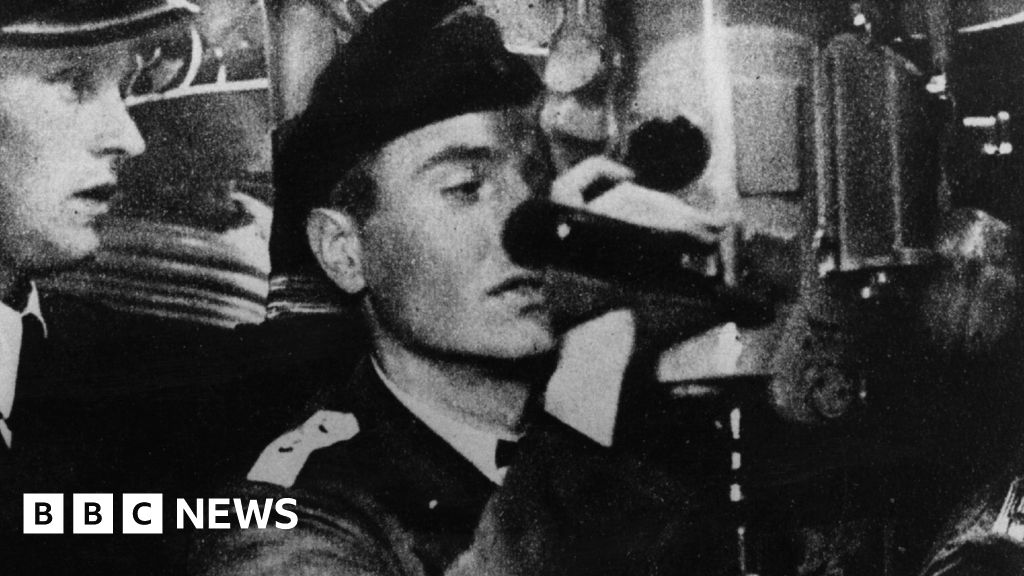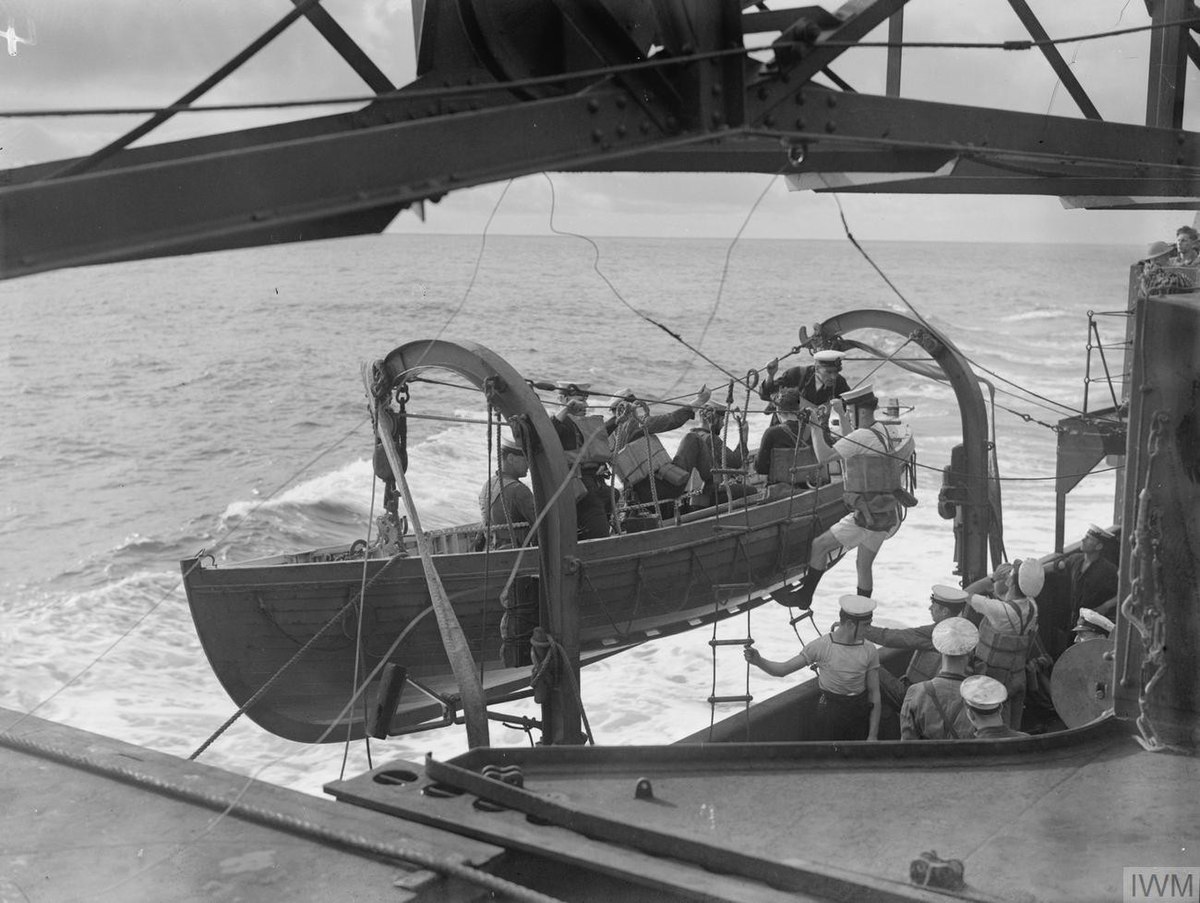To the food point Spain was actually exporting a lot of food to Germany until 1944.
I note that the 2nd paragraph of that report states
The United States and Britain joined in a continuing effort to keep Franco’s Spain out of the War by providing essential exports like gasoline and grain to prop up the Spanish economy, which had been in a state of collapse since the end of the Spanish Civil War.
Similarly on page 4, below the quote about supplying goods to a then still neutral Italy it states.
With the opening of the Franco-Spanish frontier in 1942, the composition of Spanish trade with the Axis changed. Before the War, foodstuffs comprised the bulk of Spain’s trade with Germany and Italy. By 1942, however, these had declined by a third and were replaced by items more essential to Germany’s war industries: minerals and metals. Seventy percent of the metal trade was composed of iron ore and pyrites used in making steel.
Similarly on page 5
Allied wartime trade objectives in Spain were threefold: to procure certain vital goods that they could not easily obtain elsewhere; to limit as much as possible the export of certain strategic goods needed by the Axis, either through Spain’s acceptance of export limits or Allied purchases of its exportable surpluses, known as preclusive buying; and to wean Spain from its dependence on German supplies of coals, armaments, fertilizers, chemicals and manufactured items by making Allied supplies more economically attractive. To further this policy, in March 1940 Britain signed a series of agreements with Spain promising it certain quantities of petroleum, rubber, ammonium and copper sulphate, and food products, in exchange for British purchases of iron ore and other minerals and citrus fruits. Britain loaned the Spanish 2 million pounds ($8 million) to make its purchases and set up a clearing agreement with credits based on pre-Spanish Civil War debts to Britain. Spain, in turn, promised to limit its exports to theAxis of copper alloys, cotton, oilseeds, tin, and wool. The trade program was set to last six months but was continually renewed throughout the War, although with changes in amounts and quotas. In December1941, Britain granted Spain additional credits of 2.5 million pounds ($10 million). Pro-Axis members of Franco’s government attempted to delay implementation of the agreements but were ultimately rebuffed. Inaddition to these agreements, in July 1940, Portuguese Premier Salazar concluded a trade agreement between his country and Spain which, by assuring that certain key goods would be traded between them and not with the Axis, indirectly aided the Allies. The agreement was renewed and extended in September1942 and February 1943
Overall while Spain may have exported some food items to the Axis, in areas they probably had surpluses such as citrus fruits, this supports the argument I have seen elsewhere that Spain was dependent on food imports and largely supplied metals and ores to Germany. The next few pages of the article mentions attempts to restrict Spanish exports of tungsten [wolfram] to Germany and then the rest of the document seems to relate to attempts to regain looted gold and other resources that Germans sought to hide in Spain but I only quickly skimmed through that.
Steve


